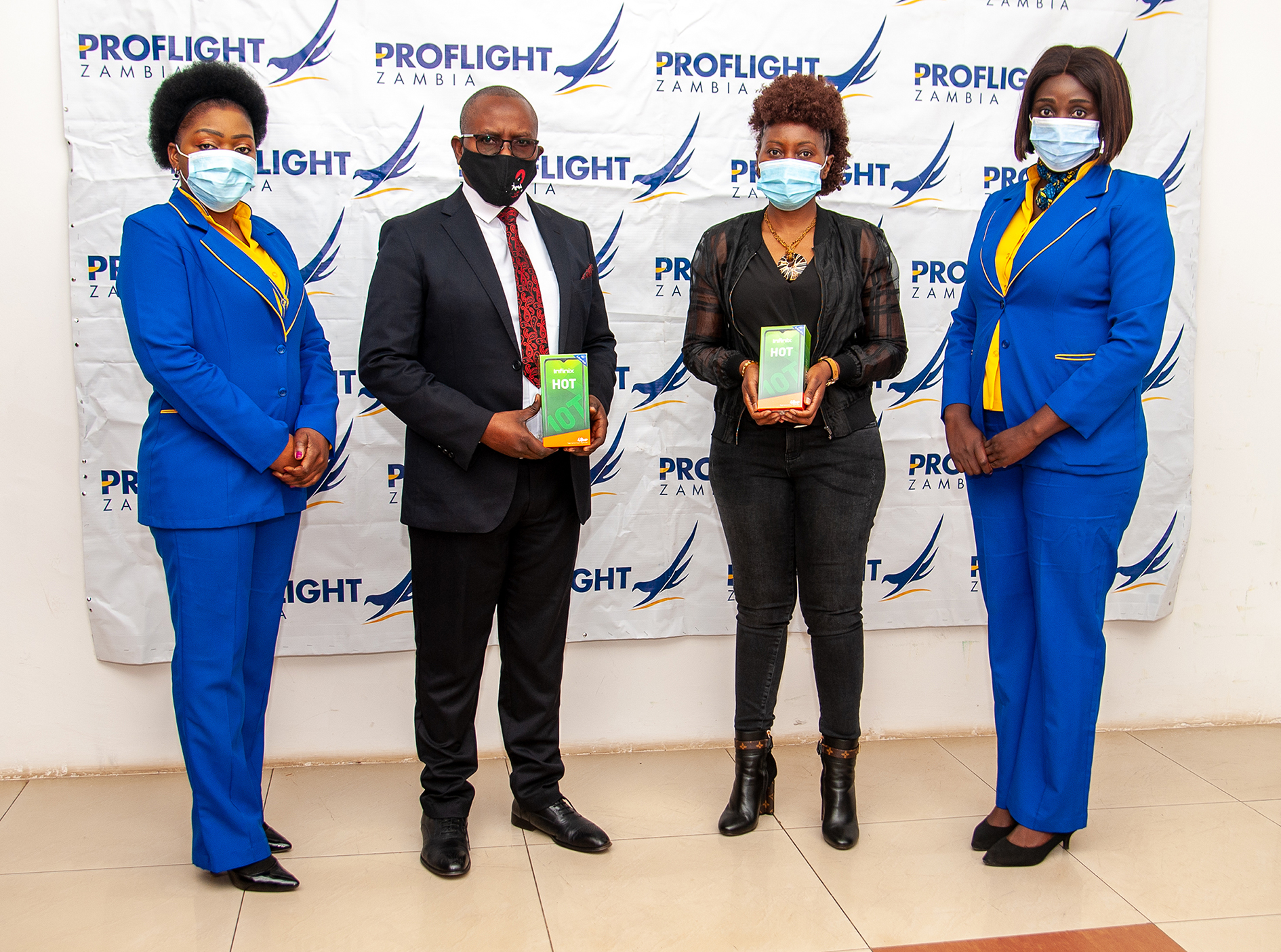Anita Yama: Fast, female, Zambian
In less than five years as a competitive cyclist, Anita Yama has already done things that most professional athletes could only dream of. The Solwezi-based rider has travelled Zambia and Africa, won a continental championship, and earned a spot on Zambia’s only professional cycling team. On an enormous billboard at the edge of her hometown, her face smiles out at the bustling traffic. She did not arrive in her profession on purpose, yet today she finds herself in a position of responsibility to young women across Zambia.
As a young girl growing up just outside Solwezi, Anita found quick—but not easy—success in cross country running. Living in a house without electricity or running water, she’d grown used to carrying heavy buckets of water a long distance to her house. This was the life she knew. She never thought of her life as difficult until, when she was eight years old, her parents split up. In the emotional turmoil that followed, Anita found relief in the rhythmic toil of long distance running.
In June of 2016, Anita stumbled across a group of girls waiting outside the Kansanshi Foundation. They told her they were runners hoping to earn a spot on a new cycling team, and she was intrigued. “I had never thought, up to that point, that running could lead to anything. It was something I did for fun,” she says.
“We crashed a lot in the early days. It hurt, but we would laugh about it. We had to reach a professional level very quickly, and we couldn’t have any fear.”

Anita joined the group, and endured a rigorous, months long selection process. With only four spots available and over twenty candidates, the programme was designed to prompt failure.
“We would run twenty laps around the track. Then, when we thought we’d finished, they would say ‘ten more.’” In ones and twos, girls gave up and walked away. One evening Anita went home and asked her mother for painkillers to get her through the night. Her mother asked if she would quit, but she felt that was not an option, and she returned to the track the next day.
An athlete’s journey is one of perpetual beginnings. The moment one challenge is overcome, the next one looms, and the work begins again. When Anita was selected for Kansanshi Cycling Team, her sense of victory was short lived. “We crashed a lot in the early days,” she laughs. “It hurt, but we would laugh about it. We had to reach a professional level very quickly, and we couldn’t have any fear.”
Today, Anita is one of only a handful of black, female professional mountain bikers in the world. To put things in perspective: at the time of writing there are more men inside the international space station than there are black, female professional mountain bikers on earth. At times, this can make her feel isolated; at the African championships in 2019, she was one of only two black women competing.
“I was so nervous. So intimidated,” she says. “Other riders there looked so strong, so professional, and so relaxed. And then I won!”
Her victory, and the resulting interviews and photoshoots, did not mean that Anita had escaped her troubles. Today, her income helps to pay school fees for her twelve siblings.
Anita’s choice of idols hints at her latest challenge. “I admire Esther Phiri,” Anita grins. “She is my biggest inspiration, but even she faced pressure to abandon her career for marriage. You know, when we ride through town people shout a lot of rude things at us. They tell us we won’t be able to give birth because we’re athletes. Sometimes that makes me want to get away—to train where there are no people—but I don’t do that because I want young girls to see us.”
The notion that athleticism can’t be combined with marriage and parenthood has been proven wrong by numerous female athletes. A notable example in mountain biking is Finnish rider Gunn-Rita Dahle Flesja, who gave birth to her first child in the middle of her professional racing career, and won the European championships six months later.
“The best feeling is when we’re out cycling and a man takes offence at being overtaken by a woman. They pedal hard to keep up with us, but you start to hear them breathing hard, and then they give up. Sometimes they get upset. Women feel empowered when they see us, and when they see that happening.”
In Anita’s time as a rider, she’s had teammates quit the sport to get married, and others whose own parents have ridiculed their sporting achievements. At the same time, she’s met young girls who want to be like her, and parents who ask how they can get their daughters on Anita’s path. Reflecting on this she says, “I never expected to be an inspiration. But now I feel like it’s my responsibility.” For the first time in our interview, she lets her grin fade, and stares earnestly at her feet. “It’s important,” she adds.
Having been shut out of the international racing scene for over a year by the COVID-19 pandemic, Anita will soon return to competition. Her dreams of being an inspiration and an ambassador for gender equality will depend on the work she’s done in that time. If she can follow in the footsteps of her hero, Esther Phiri, her success will be Zambia’s to share.



